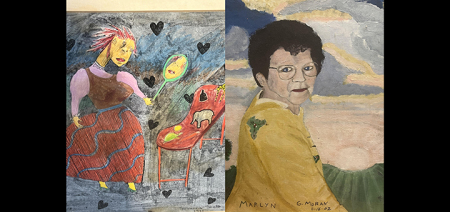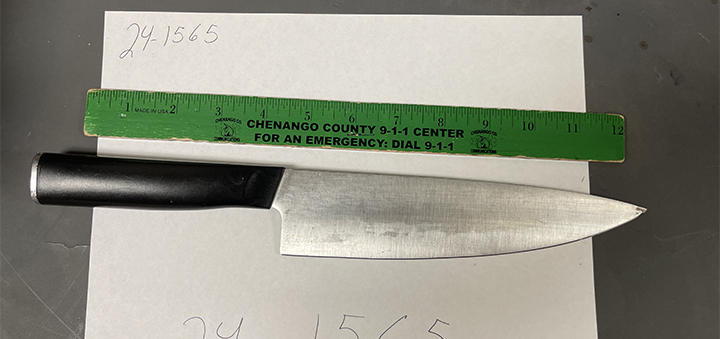The Mark Of Typo
Published:
October 1st, 2015
By:
Shelly Reuben
To correct a misapprehension held by many writers (and readers), typographical errors are not mistakes.
They are spite oozing out at us from our typewriters and computers. They reflect the disapproval and/or distaste that our keyboards have for what we are creating. They are technology’s sabotage and its ultimate revenge. They are a small but powerful slap back at mankind for our assumption that machines do not have minds of their own.
The purpose of the typo is to embarrass the writer and to manipulate and distort what we had intended to say.
pos are NOT amusing.
For example, I was working on an article which discussed a subtle psychological nuance, but instead my keyboard allowing me describe this as a moot point, it printed, “Now, for another mute point…”
Or the story I was writing about a wild girl who lived a recklessly immoral life, and “drifted from one sindulgence after another.”
Yet again, I was working on a mystery involving a crime, an arrest, and a court case, but instead of what I had wanted to say, my keyboard related that the defendant’s case had been “dismissed for want of persecution.”
We cannot trust our computers. They are resentful. They are envious. They are mean-spirited.
Yes, we are imaginative. And yes, we rightly consider ourselves to be Gods of universes that we and we alone can create. But that happy status applies only to our final drafts, which have been scrutinized by acquisition editors, copy editors, proof-readers, and publishers.
Until then, our hearts and minds are brutalized by The Mark of Typo (think Zorro, but with a strike-out key instead of a “Z”).
I have psychological scars from this deliberate bedevilment, and at times, I have been afraid to start a new book. Worry besets me that typos will turn my heroes into villains, my villains into buffoons, my bouffant hairstyles into bananas, and my candles into carburetors.
Worse yet, I fear that typos will alter my plot, my purpose, and my dénouement.
I feel…indeed, I know, that malicious imps inhabit the spaces between the letters on my keyboard, and that they laugh at the havoc they are about to wreak.
I was writing a complex history of a family with many branches, illegitimate births, and confusion about siblings and their “correct chron-illogial order.”
Or the story I wrote about the male assistant working for a predatory boss, who did all that he could to avoid being alone in a room “with that volustuous female executive.”
And again, the obnoxious traitor who was kicked out of his country “and became an exvile.”
Typo struck again when I wrote about the fat lady “who did not believe in corpulent punishment.”
It slashed at a paragraph I had written concerning a teenager who took psychedelic drugs and “was suffering from a pillusion.”
It ruined an article I was writing about angry train conductors “who worked for the Rabid Transit Authority.”
And on and on and on.
Typos, I am sure, have it in for writers. Does that irritate me? Yes. Do I resent it? Yes. Do I sometimes hope and pray that five, ten, maybe even twenty years from now, those miserable little imps will perceive me as a professional, and leave me alone?
Yes. Yes. And yes.
But do I think there is anything that I can actually do about it?
No. Not really.
Because as long as writers write, our keyboards will defy us. And try as we might, in the long run, we can no more fight the Mark of Typo than we can fight City Hell.
Copyright © Shelly Reuben, 2015
Shelly Reuben’s books have been nominated for Edgar, Prometheus, and Falcon awards. For more about her writing, visit www.shellyreuben.com.
Author: Shelly Reuben - More From This Author
Comments






